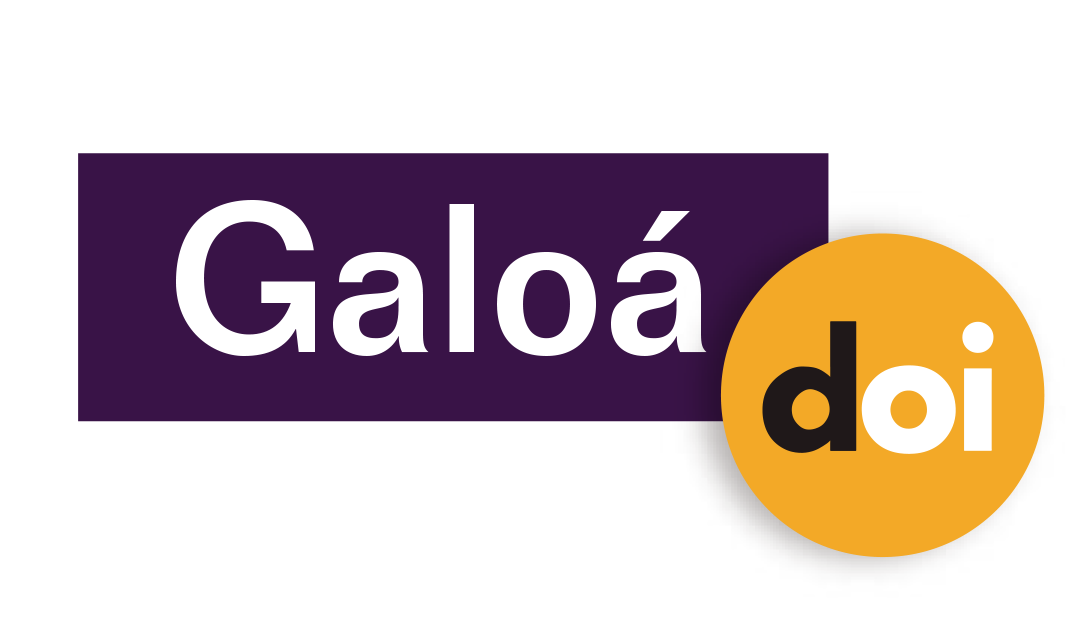“I Am a Girl and I Deserve to be A Math Teacher”: Mathematical Identity in Different Genders
Resumo
Background: Research on mathematical identity in different genders has attracted the attention of researchers in mathematics education and educational psychology. Mathematical identity refers to the mathematical perceptions of individuals in their engagement with mathematics. Although mathematics is often considered gender-neutral, empirical research suggests differences in mathematical identity between men and women. Objectives: This study aims to explore differences in mathematical identity between genders. Design: Qualitative research methods were used to obtain data on interest, recognition, competence, performance, and beliefs in mathematics, which are components of mathematical identity. Setting and Participants: The researcher selected one pair of prospective mathematics teacher students: one female and one male prospective mathematics teacher-student. One female prospective mathematics teacher-student with the pseudonym Fhema and one male prospective mathematics teacher-student with the pseudonym Malhe. Data collection and analysis: Three instruments were used to collect data; an initial math ability test, a mathematical identity questionnaire, and an interview protocol. Responses demonstrating interest, recognition, competence, performance, and beliefs about the nature of mathematics were coded from the transcripts of interviews. Results: The mathematical identity owned by female and male prospective mathematics teacher students differs in several components, namely interest, recognition, competence, performance, and beliefs in mathematics. Conclusions: In general, there were significant differences in mathematical identity between female and male mathematics teacher candidates. Internal and external factors contribute to forming different mathematical identities in both genders. Further understanding the mathematical identity of different genders is important for designing educational strategies promoting gender equality in mathematics education.
Palavras-chave
Mathematical Identity; Prospective Mathematics Teachers; Gender; Pre-Service Mathematics Teacher; Mathematics Education; Qualitative Research.
Texto completo:
PDF (English)DOI: https://doi.org/10.17648/acta.scientiae.8153
Apontamentos
- Não há apontamentos.
Direitos autorais 2024 Annisa Dwi Kurniawati, Dwi Juniati, Abadi Abadi, Julia Noviani

Esta obra está licenciada sob uma licença Creative Commons Atribuição 4.0 Internacional.
ANÚNCIOS
Informamos que, a partir de outubro de 2024, a revista Acta Scientia volta a aceitar submissões de artigos para publicação.
Mais, informamos que sites fraudulentos, https://periodicos-ulbrabr.org e https://periodicos-ulbrabra.org, estiveram se passando pela Acta Scientiae, utilizando nosso nome e identidade visual e até solicitado taxas de APC, que nós não cobramos. Aconselhamos cautela para evitar serem enganados por sites semelhantes.
Conceito A2 na Capes(2021)
Índice h5 do Google Scholar: 13
Índice mediana h5 do Google Scholar:24
eISSN: 2178-7727
Indexações:
A Acta Scientiae é indexada em: | Scopus |  | Latindex |  | Edubase (SBU/UNICAMP) |
 | Sumarios.org |  | Google Scholar |  | Portal LivRe (CNEM) |
 | Journals for Free |  | REDIB |  | Galoá DOI |

Todos os trabalhos publicados aqui estão sob uma licença Creative Commons - Atribuição 4.0 Internacional.
